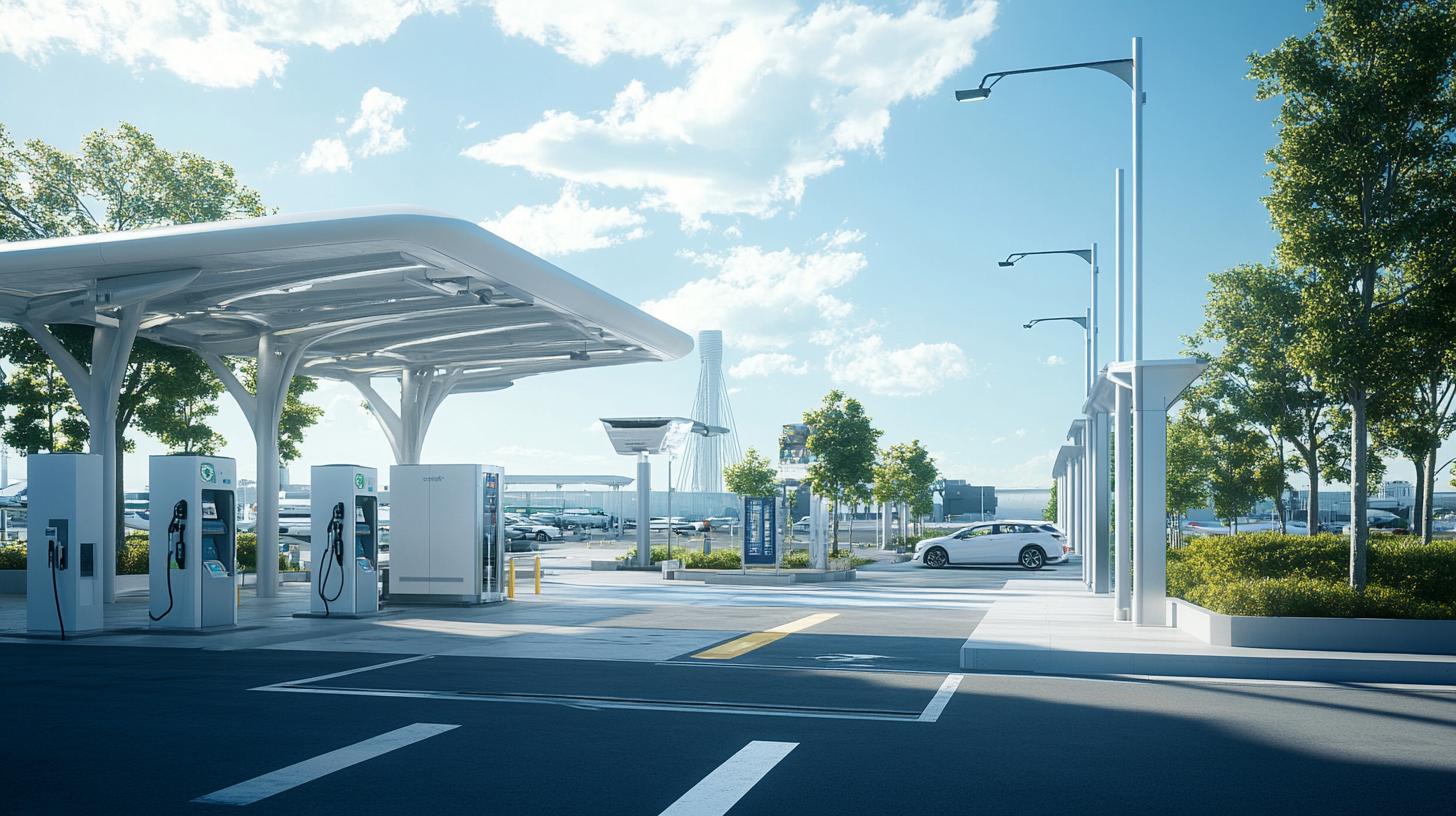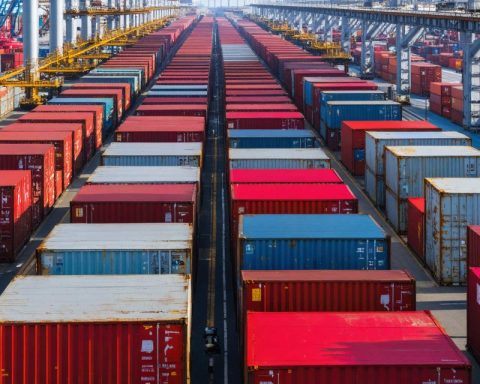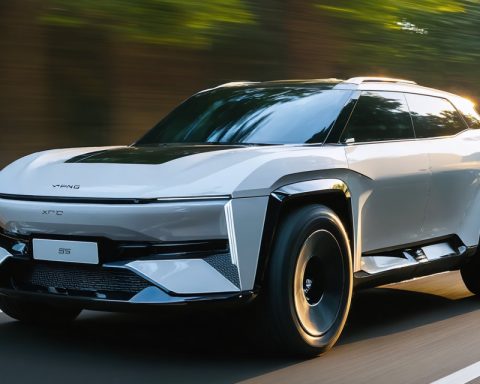In a groundbreaking step towards sustainable aviation, a significant partnership has been formed to explore the viability of hydrogen infrastructure in the Kansai region of Japan. Airbus, Kansai Airports, and Kawasaki Heavy Industries have jointly committed to this endeavor, signifying a collaborative effort to pave the way for hydrogen-powered aviation.
The newly signed Memorandum of Understanding between these three entities focuses on evaluating the potential of setting up hydrogen infrastructure at Kansai International Airport, Osaka International Airport, and Kobe Airport. The study will analyze the introduction and functionality of hydrogen aircraft under the “Hydrogen Hub at Airports” initiative. This collaboration aims to carve a roadmap for hydrogen supply and infrastructure tailored to each airport’s unique needs.
Central to this initiative is the objective to craft technological and operational frameworks that support hydrogen utilization at airports. By undertaking demonstration projects and developing strategic roadmaps, the partnership seeks to address existing challenges and foster policy evolution.
Since 2022, Airbus has been engaged in similar efforts in partnership with Kansai Airports, leveraging innovative hydrogen technology exemplified by projects such as hydrogen fuel cell buses. Kawasaki Heavy Industries contributes its extensive expertise in hydrogen delivery solutions, further solidifying this initiative’s foundation.
The combined efforts of Airbus, Kansai Airports, and Kawasaki aim to support progressive aviation advancements by embracing hydrogen as a clean energy substitute. This joint venture underscores a broader vision for a decarbonized aviation industry supported by strong policy frameworks, with an ultimate goal of implementing hydrogen-powered aircraft by 2035.
Examining the Impact of Artificial Intelligence on Global Employment
Artificial Intelligence (AI) is rapidly transforming industries across the globe, ushering in an era of unprecedented change. While AI promises efficiencies and innovation, its rise elicits significant questions about its impact on employment, economies, and societal structures.
The Employment Shifts Induced by AI
AI technologies, including advanced robotics and machine learning algorithms, are at the forefront of reshaping the workforce. Experts predict that many traditional jobs, particularly those involving routine and manual tasks, may be automated. According to a report by the World Economic Forum, automation could replace about 85 million jobs by the year 2025. However, it’s important to note that AI also has the potential to create nearly 97 million new roles, emphasizing adaptability and digital skills.
Impacts on Different Sectors
AI profoundly affects various industries, with sectors like manufacturing, transportation, and customer service experiencing significant shifts. For example, in manufacturing, robotic automation is increasing production speeds while maintaining precision, but this also reduces the demand for unskilled labor. Conversely, industries such as healthcare and technology are witnessing a positive impact, with AI assisting in data analysis, predictive diagnostics, and creating new job roles requiring advanced expertise.
Communities: Opportunities and Challenges
The integration of AI presents a dual-faceted impact on communities. On one hand, it provides opportunities for economic growth and innovation, particularly for regions embracing digital transformation. On the other, it poses challenges such as skill mismatches and workforce displacement. Education systems and policies need to pivot towards upskilling and reskilling programs, ensuring the workforce is prepared for this digital shift. Organizations like IBM are already fostering partnerships to provide educational resources tailored to future job markets.
National Economies: Riding the AI Wave
Countries leading in AI development are likely to witness significant economic advantages. Nations investing in AI infrastructure, research, and development are positioned to drive innovations that enhance their global competitiveness. However, this raises concerns about widening economic disparities between AI-advanced countries and those lagging behind in technology adoption. For countries like China and the United States, which are heavily investing in AI research, the potential for economic leadership in the AI era is substantial.
Ethical and Social Controversies
Despite its advantages, AI technology brings about notable ethical and social controversies. Issues such as data privacy, surveillance concerns, and algorithmic biases pose significant challenges. AI systems’ reliance on large datasets often incites concerns about the ethical use of personal data and potential biases encoded into the algorithms. Organizations and policymakers worldwide are called to establish robust ethical frameworks and regulations guiding AI development. Initiatives include the European Union’s regulations on AI and ethics-focused guidelines by leading technology firms.
The Road Ahead: A Call for Responsible AI
Ultimately, the impact of AI on employment and communities is a critical discourse needing continuous attention and proactive measures. A collaborative effort involving governments, industry leaders, and educational institutions is essential to harness AI’s benefits while addressing its challenges. By promoting open dialogues and ethical practices, the potential of AI can be utilized to create a future that is inclusive and equitable for all.
As AI continues to evolve, its influence on global landscapes is undeniable. The ongoing conversation around AI’s employment impacts, community transformations, and controversies underlines its pivotal role in shaping the future of work and societal norms. For more insights into the evolving AI landscape, visit World Economic Forum and Brookings Institution.














